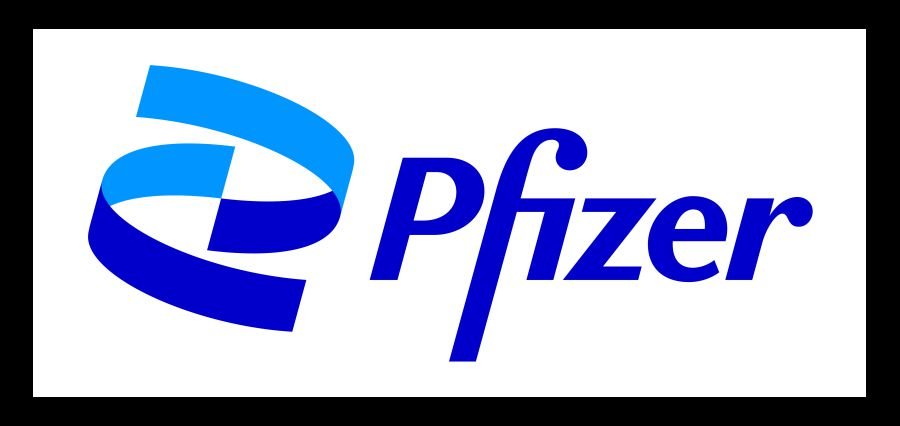Pfizer announced successful results from a significant late-stage trial for its experimental gene therapy aimed at treating hemophilia A, a rare genetic blood-clotting disorder. This development positions the therapy, co-developed with Sangamo Therapeutics, for potential approval, potentially marking Pfizer’s second gene therapy in the U.S. market following Beqvez’s clearance in April for hemophilia B.
The gene therapy targets hemophilia A, caused by a deficiency in the blood-clotting protein factor VIII, affecting approximately 25 in 100,000 male births globally. Pfizer’s treatment demonstrated a notable reduction in annual bleeding episodes among patients with moderately severe to severe hemophilia A, lasting from week 12 up to at least 15 months. The therapy outperformed current standard treatments, which involve routine infusions of Factor VIII protein.
Dr. Andrew Leavitt, lead investigator of the trial, highlighted the significant impact of Pfizer’s therapy on patients’ lives, noting the challenges and burdens associated with frequent IV infusions or injections to manage bleeding episodes.
Pfizer’s gene therapy forms part of its broader investment in gene and cell therapies, aimed at revolutionizing disease management by addressing genetic origins or cellular functions. The success of such therapies may potentially replace lifelong treatments for chronic conditions, according to industry experts.
Further data from the ongoing study will be presented at upcoming medical conferences. Pfizer’s therapy is set to compete with BioMarin Pharmaceutical’s Roctavian, another one-time treatment for hemophilia A, which has seen a gradual market uptake since its U.S. approval last year. BioMarin is reportedly evaluating options, including a potential divestiture of its hemophilia A therapy priced at $2.9 million per patient.
Pfizer’s advancement underscores its commitment to pioneering treatments that could offer transformative benefits for patients grappling with complex genetic disorders.




